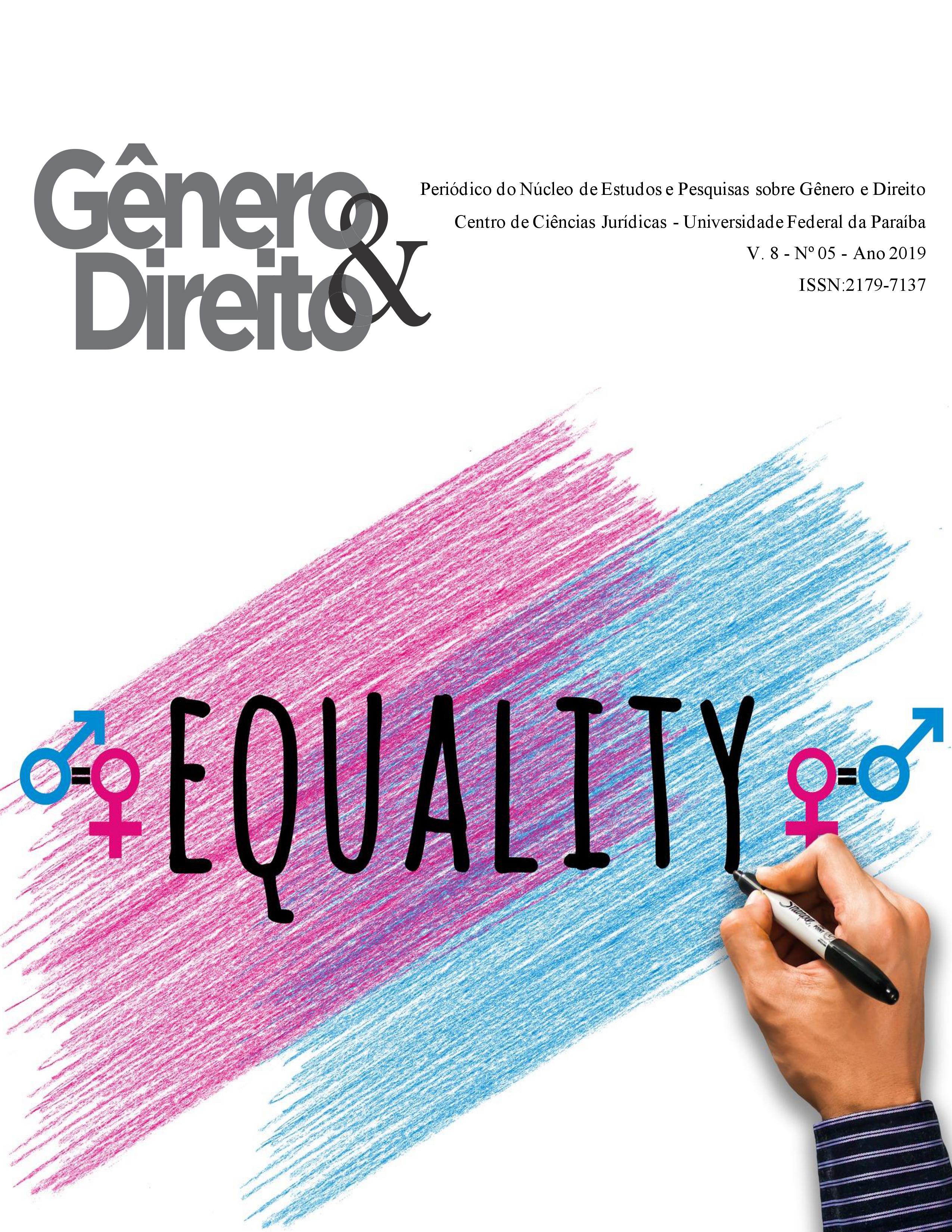PERSON SPEECH BEHAVIOR MARKERS IN EXTREME SITUATION (ACCORDING TO SUAKHILI LITERARY SOURCE)
DOI:
https://doi.org/10.22478/ufpb.2179-7137.2019v8n5.48638Palavras-chave:
Linguistics, conflict, speech behavior, phonetic-graphic markers, grammatical markers, lexical markers, Swahili, Euphrase KezilahabiResumo
An extreme situation implies an active influence on the psychological-emotional state of a person, which is expressed in tension, agitation, aggression and other manifestations of temperament, deviated from the generally accepted norms of behavior. In artistic texts, the representation of a person's speech behavior in an extreme (conflict) situation is realized through the Swahili language means that mark a conflict communicative act. In this article, based on the material of the Swahiliazy novel "The World is Chaos" by E. Kesilahabi, an attempt is made to study the markers that reveal the speech behavior of a conflict communicative act participants. Phonetics-graphic, grammatical and lexical markers are distinguished, the most frequent of them are identified (the use of a wide range of interjections, the highlighting of a phrase with an exclamation point, syntactic repetitions, the use of invective vocabulary, etc.). The authors come to the conclusion that the simultaneous implementation of these markers is observed in the dicthemes of conflict communicative acts to a greater extent. The results of the research can be used for further developments in the field of linguistics, ethnic-linguistics, psycholinguistics, grammar, translation studies, etcDownloads
Não há dados estatísticos.
Referências
Vorontsova T.A. Speech aggression: invasion in the communicative space. - Izhevsk: Publishing house "Udmurt University". p. 252, 2006.
Issers O.S. Speech influence: a textbook. - Moscow: Flint. p. 224, 2011.
Belous N.A. Structural and semantic aspects of conflict discourse in communicative space. - M: FL of the Russian Academy of Sciences: ULGU. p. 224, 2007.
Dmitriev A.V., Kudryavtsev V.N. Introduction to the general theory of conflict. - M. MAEP publishing house, Kalita, p. 157, 1998.
Thomas, K. W., & Kilmann, R. H. Thomas-Kilmann Conflict Mode Instrument. Mountain View, CA: Xicom, a subsidiary of CPP, Inc. 1974.
Volkema, R. J., & Bergmann, T. J. Conflict styles as indicators of behavioral patterns in interpersonal conflicts. Journal of Social Psychology, 135 (1), pp. 5-15, 1995.
Dadyan S.R. Conflict dialogue in the work of art. Abstract from the dis. of Phil. Cand. - Rostov-on-Don. p. 24, 2011.
Rubtsova A.S. Speech behavior of a person in an extreme situation (on the basis of English-language fiction). - Bulletin of the Moscow State Humanitarian University named after M.A. Sholokhov. Series: Philol. - №2. pp. 64-69, 2012.
Tretyakova V.S. Speech communication: harmony and conflict. - Ekaterinburg: Publishing house of RGPPU. p. 231, 2009.
Kezilahabi. E. Dunia uwanja wa fujo. – Nairobi: Vide-Muwa Publishers. p. 132, 2007.
Miestamo, M. An Overview of Typological Research. – Language and linguistic compass. 1/5. pp. 552-570, 2007.
Shakhovsky V.I. Linguistic theory of emotions. - Moscow: Gnosis. p. 416, 2008
Issers O.S. Speech influence: a textbook. - Moscow: Flint. p. 224, 2011.
Belous N.A. Structural and semantic aspects of conflict discourse in communicative space. - M: FL of the Russian Academy of Sciences: ULGU. p. 224, 2007.
Dmitriev A.V., Kudryavtsev V.N. Introduction to the general theory of conflict. - M. MAEP publishing house, Kalita, p. 157, 1998.
Thomas, K. W., & Kilmann, R. H. Thomas-Kilmann Conflict Mode Instrument. Mountain View, CA: Xicom, a subsidiary of CPP, Inc. 1974.
Volkema, R. J., & Bergmann, T. J. Conflict styles as indicators of behavioral patterns in interpersonal conflicts. Journal of Social Psychology, 135 (1), pp. 5-15, 1995.
Dadyan S.R. Conflict dialogue in the work of art. Abstract from the dis. of Phil. Cand. - Rostov-on-Don. p. 24, 2011.
Rubtsova A.S. Speech behavior of a person in an extreme situation (on the basis of English-language fiction). - Bulletin of the Moscow State Humanitarian University named after M.A. Sholokhov. Series: Philol. - №2. pp. 64-69, 2012.
Tretyakova V.S. Speech communication: harmony and conflict. - Ekaterinburg: Publishing house of RGPPU. p. 231, 2009.
Kezilahabi. E. Dunia uwanja wa fujo. – Nairobi: Vide-Muwa Publishers. p. 132, 2007.
Miestamo, M. An Overview of Typological Research. – Language and linguistic compass. 1/5. pp. 552-570, 2007.
Shakhovsky V.I. Linguistic theory of emotions. - Moscow: Gnosis. p. 416, 2008
Downloads
Publicado
2019-10-27
Como Citar
FATTAKHOVA, A. R. .; BIYANOVA, E. A. . PERSON SPEECH BEHAVIOR MARKERS IN EXTREME SITUATION (ACCORDING TO SUAKHILI LITERARY SOURCE). Gênero & Direito, [S. l.], v. 8, n. 5, 2019. DOI: 10.22478/ufpb.2179-7137.2019v8n5.48638. Disponível em: https://periodicos.ufpb.br/index.php/ged/article/view/48638. Acesso em: 26 dez. 2024.
Edição
Seção
Seção Livre

